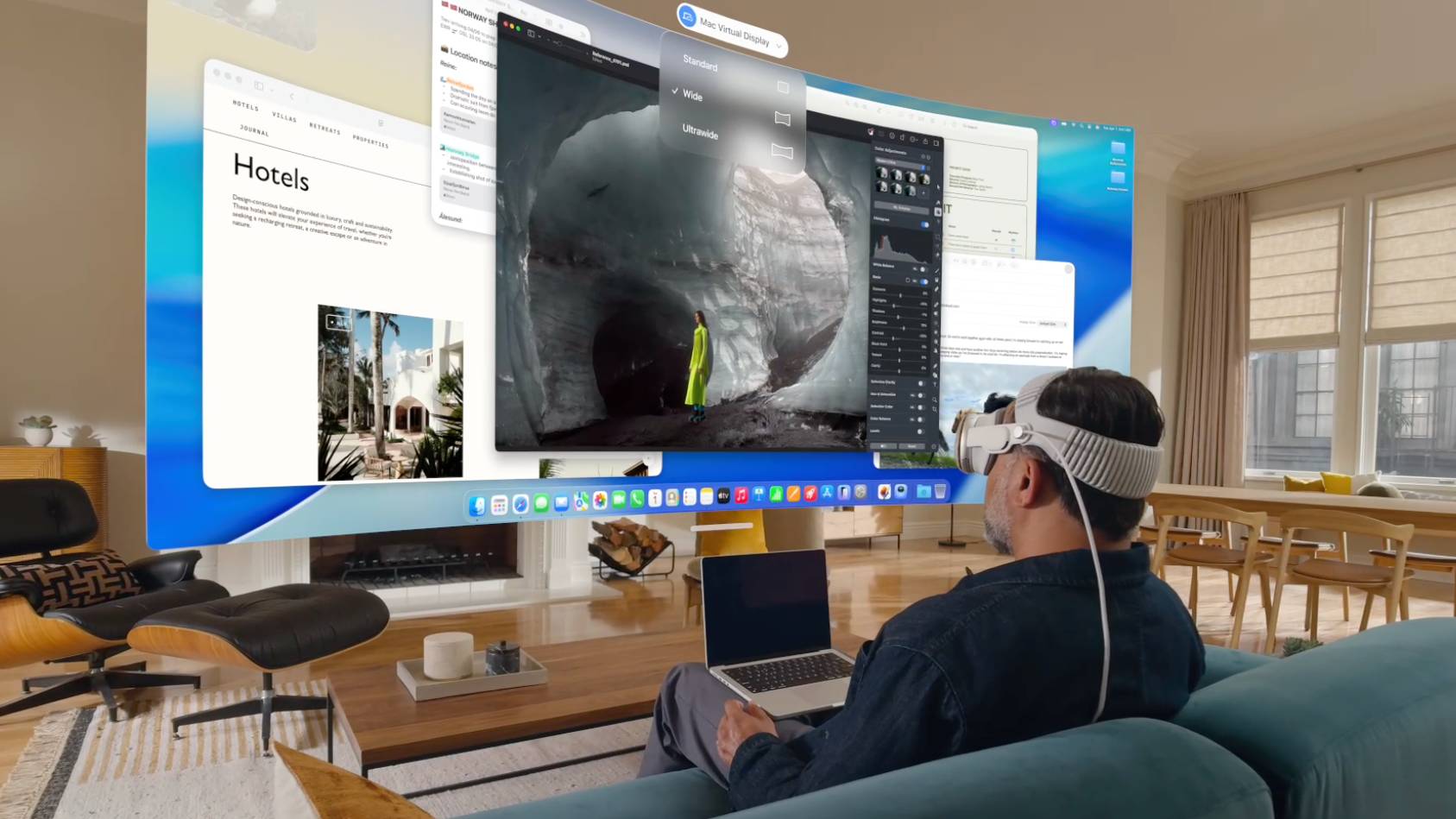Google Pixel 7 — 4 things Google can learn from the iPhone 14 launch
Apple shows Google how to successfully launch a phone
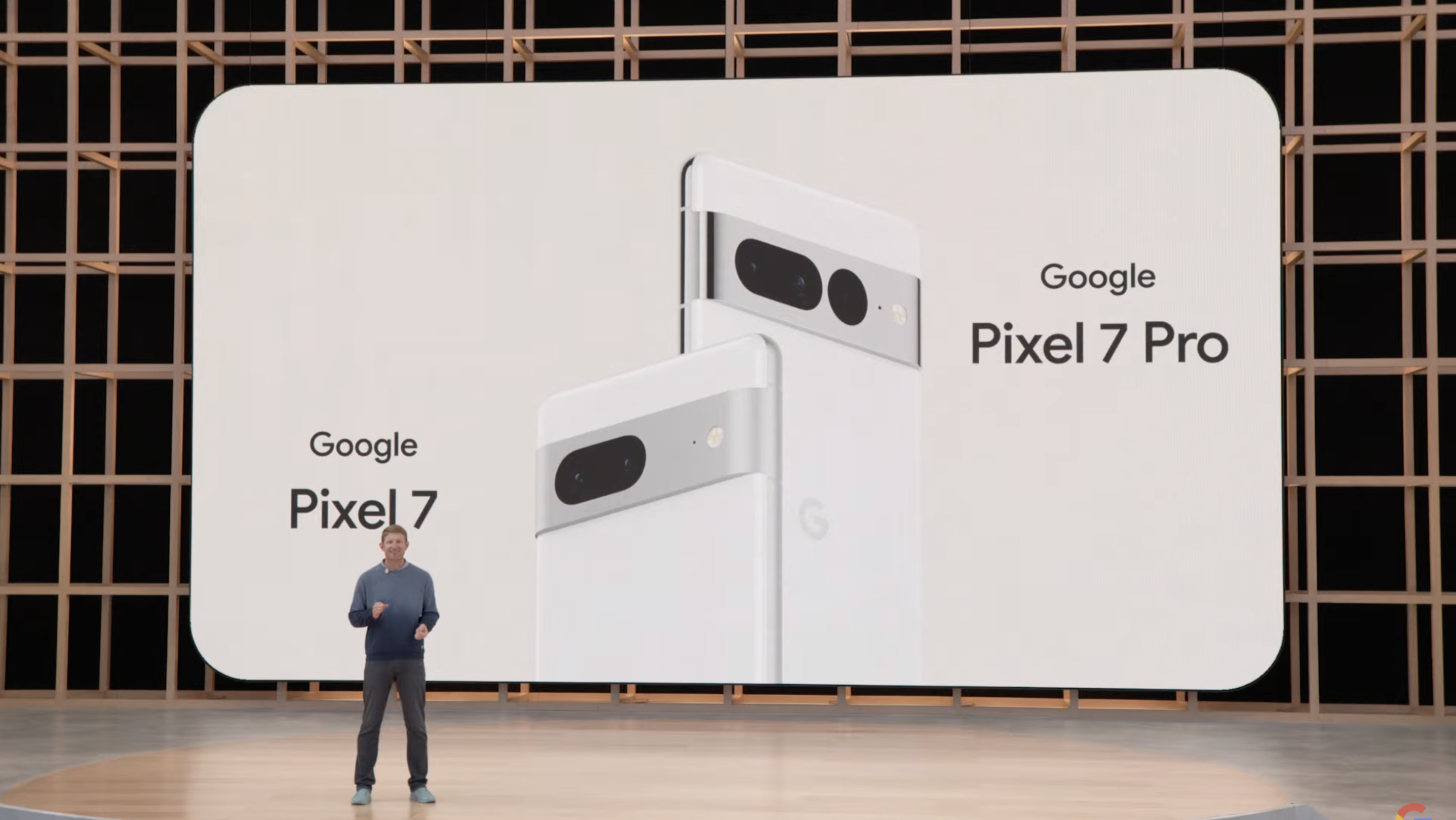
Here at Tom’s Guide our expert editors are committed to bringing you the best news, reviews and guides to help you stay informed and ahead of the curve!
You are now subscribed
Your newsletter sign-up was successful
Want to add more newsletters?

Daily (Mon-Sun)
Tom's Guide Daily
Sign up to get the latest updates on all of your favorite content! From cutting-edge tech news and the hottest streaming buzz to unbeatable deals on the best products and in-depth reviews, we’ve got you covered.

Weekly on Thursday
Tom's AI Guide
Be AI savvy with your weekly newsletter summing up all the biggest AI news you need to know. Plus, analysis from our AI editor and tips on how to use the latest AI tools!

Weekly on Friday
Tom's iGuide
Unlock the vast world of Apple news straight to your inbox. With coverage on everything from exciting product launches to essential software updates, this is your go-to source for the latest updates on all the best Apple content.

Weekly on Monday
Tom's Streaming Guide
Our weekly newsletter is expertly crafted to immerse you in the world of streaming. Stay updated on the latest releases and our top recommendations across your favorite streaming platforms.
Join the club
Get full access to premium articles, exclusive features and a growing list of member rewards.
The dust hasn't cleared from Apple's September event and the iPhone 14 launch, but there's another big smartphone release looming. The Google Pixel 7 arrives next month with a new processor, a slightly modified look and a clear desire to challenge the iPhone for a place among the best camera phones.
Google even laid down a marker just prior to the Apple event, announcing its own October 6 product launch just 24 hours before Tim Cook took to the stage to show off the latest iPhone 14 models. The move didn't steal any of Apple's new smartphone thunder — fat chance of that happening — but it did help keep the upcoming Pixel in mind while reminding people that the steady beat of fall phone releases goes on.
But if Google was smart, it was also paying attention to Apple's iPhone introduction, which saw two iPhone 14 Pro models and a big-screen iPhone 14 Plus join the standard model as the best iPhones in Apple's lineup. Top phone makers generally keep their own counsel when it comes to what features to add and subtract, but you can always get a feel for consumer interest by watching how your rival positions their new device, especially with what they choose to emphasize.
The iPhone 14 launch had some clear things to say about where the smartphone market stands at this point in 2022. And Google could glean some lessons from Apple on how it should approach its own Pixel 7 launch next month.
Lesson one: Fix the things people have knocked you for
You sell products by building things that fulfill what people are demanding. And there's no surer way to meet those demands than by listening to people's complaints about your current product.
For Apple, that's a bit of a challenge, as its iPhones tend to be well-reviewed by the tech press and well-received by paying customers. But the company has still found complaints that need addressing with recent phones — more importantly, it delivers those fixes more often than not.
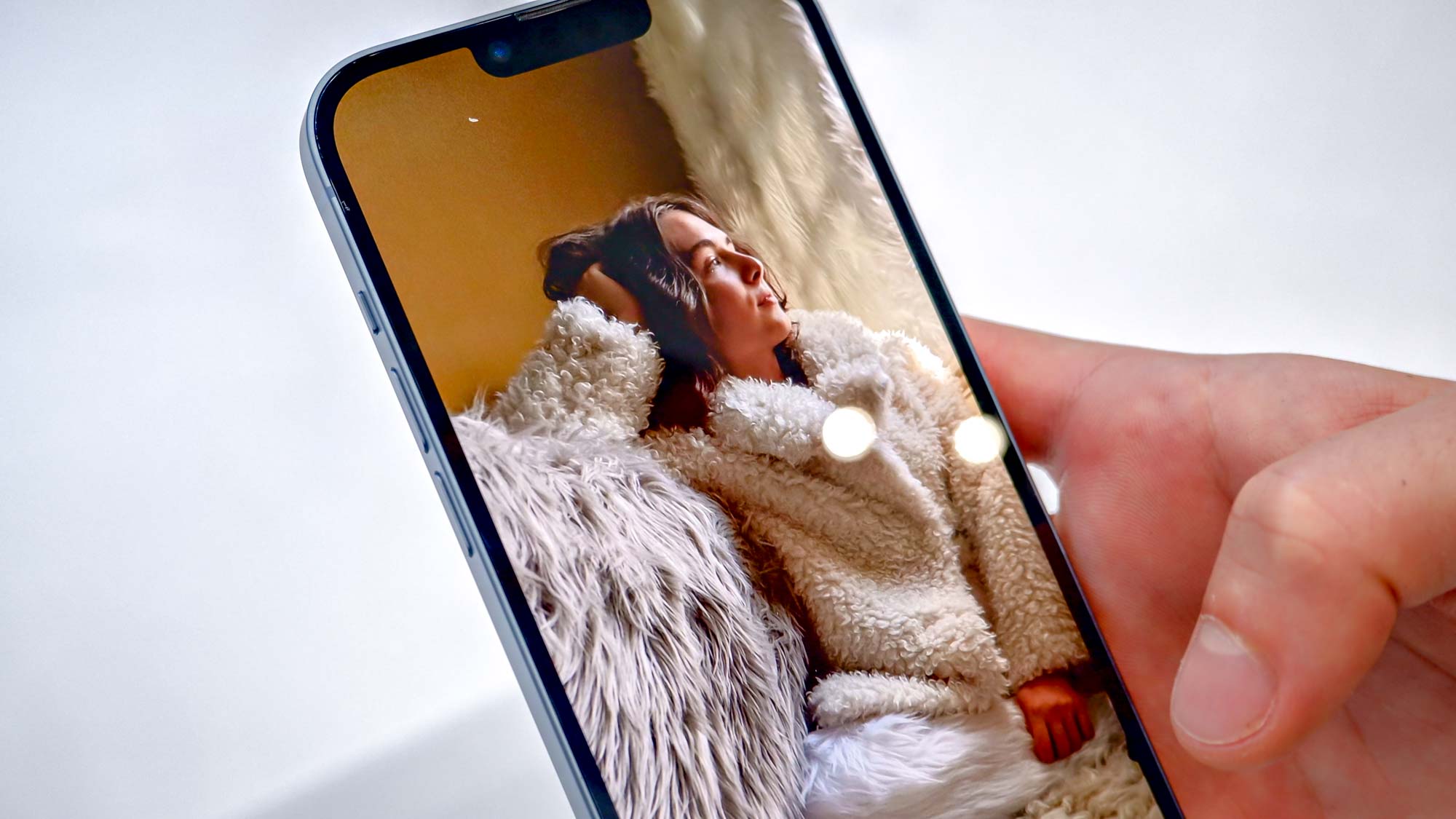
Take the iPhone 12, which impressed in many areas but took a step back in terms of battery life. It was probably not a coincidence, then, that the iPhone 13 launch last year saw bigger batteries inside all four new models. As a result, every iPhone 13 improved upon the battery life of its predecessor in our testing. The iPhone 13 Pro and iPhone 13 Pro Max even landed on our best phone battery life rankings.
Get instant access to breaking news, the hottest reviews, great deals and helpful tips.
You don't even have to go back to the iPhone 13 launch to find an instance of Apple introducing new capabilities that tackle lingering complaints. I don't think I'm the only one to notice that the iPhone has started lagging behind rival camera phones when it came to low-light photography. And Apple noticed that people noticed — when talking up new iPhone 14 camera features, it emphasized low-light improvements, both with the modest changes to the iPhone 14's main camera sensor as well as the more significant improvements to the iPhone 14 Pro models.
Apple didn't explicitly acknowledge that previous models weren't producing sharp shots when the lights are low. Instead, it just focused on how the changes coming to the camera setups on its phones would make things better than before. And that's an approach Google would be smart to take with the Pixel 7.
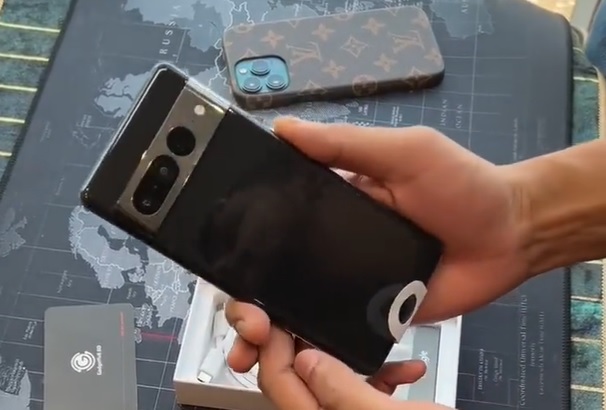
After all, Google's flagships have their own share of issues. It's been a while since a Pixel phone has done well in our battery test with every Pixel 6 model — including the midrange Pixel 6a — producing below-average results. Google doesn't have to linger on why that may be, but it should emphasize steps that it's taken to make the Pixel 7 models last a long time on a charge when it introduces those phones.
Similarly, it can focus on response times for the fingerprint sensor on the new handsets, tacitly addressing complaints about the finicky fingerprint reader on the Pixel 6.
Lesson Two: Smartphone experiences matter
Look, I love a recitation of specs as much as the next guy, but when you're showing off a new phone, you also have to talk about the experiences that are possible with that device. What can I do with your phone that I couldn't do before.
Apple excels at this, particularly when touting the cameras on its iPhones. Yes, it could simply talk about the changes to pixel size on the iPhone 14's camera sensors and how that will help capture more light in lower-light settings, and that would interest people about the cameras on the company's upcoming phones. But it also went into detail on Photonic Engine — the new photo-processing technology that applies Apple's Deep Fusion feature earlier on in image processing for better details, improved colors and preserved textures — with the photo samples to match. Action Mode, which captures stable video even when you're moving along at high speed, got a lengthy look, too.

This is especially relevant to Google, which has already confirmed that the Pixel 7 phones will feature a new Tensor chipset, following up on the original Tensor that debuted in the Pixel 6 series. Google's silicon leverages machine learning to enable experiences you won't find on other mobile devices, such as the Pixel 6's on-device translation and transcription and its ability to navigate phone menus. With a new Tensor chip coming, we'd expect Google to give us a look at more new features that are now possible on the Pixel 7 — the more detailed the demos the better.
Lesson Three: Surprises are welcome
You probably didn't head into Apple's iPhone 14 presentation thinking, "I hope this is the day Apple leverages the motion sensors inside the phone to detect when you've been in a car crash so that it can promptly notify emergency services," but nevertheless, that's exactly what Apple did with the Crash Detection feature added to its new phones.
The iPhone 14's Emergency SOS feature was less of a surprise — rumors that Apple would turn to satellite connectivity to help you send emergency texts when there's no cellular towers nearby have been rumored since the iPhone 13 launch — but the details about how the feature actually works were pretty thrilling. And it was surprising to find out that Emergency SOS is available on all four new iPhones, not just the iPhone 14 Pro models, and that it's free for the first two years after you buy your handset.
We can't begin to speculate what surprises Google might have up its sleeve for the Pixel 7. If we knew now, it wouldn't be much of a surprise, would it? But we do hope Google — which has a reputation for leaking out information about the Pixels ahead of unveiling them — keeps something under wraps for the October 6 announcement. Surprises are part of the fun of smartphone launches.
Lesson Four: Price is critical
At the risk of repeating myself, probably the most exciting thing about Apple's announcements this past week involved the prices. The iPhone 14 models cost the same amount as their predecessors — terrific news in the case of the iPhone 14 Pro, which was rumored to be in line for a $100 price hike.
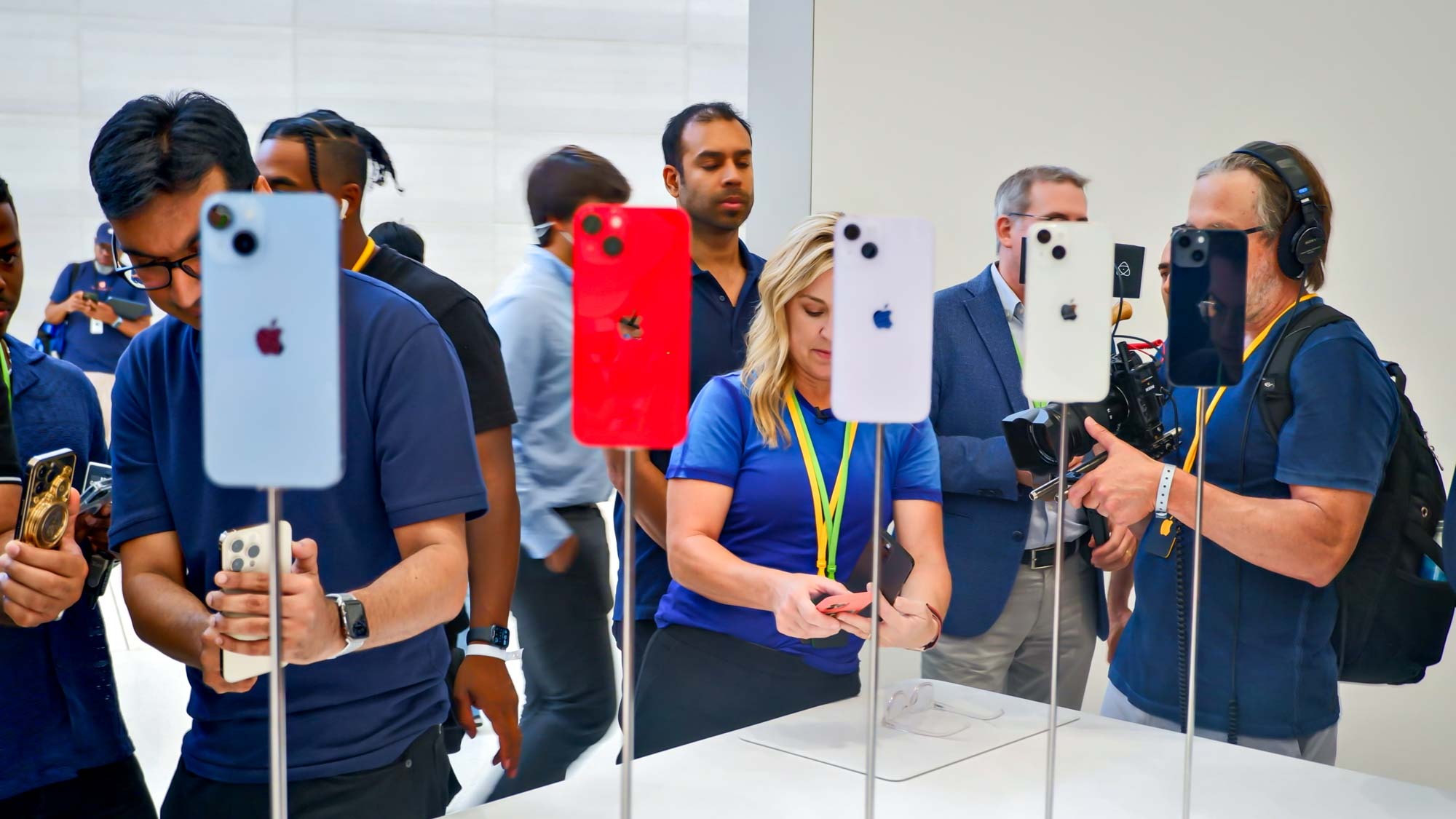
You don't need me to tell you that money is tight right now, so any time that prices can remain stable, it's a big win for shoppers. And Apple delivered that win by holding the line on its iPhone prices.
Can Google do the same? We haven't heard very much about rumored Pixel 7 prices and we wouldn't expect to until we get closer to the October 6 Google event. But if the new phones can come in at around the $599/$899 level that Google charged for the Pixel 6 and Pixel 6 Pro, respectively, we'd consider that welcome news.
Pixel 7 outlook
Google doesn't need Apple to tell it how to launch a smartphone, of course. It's done a pretty good job of rolling out Pixels on its own the past few years. But the differences separating a decent product launch from a truly memorable turn on a lot of small things. If Google follows Apple's iPhone 14 game plan, the ensuing iPhone 14 vs. Pixel 7 face-off should be one for the ages.
Philip Michaels is a Managing Editor at Tom's Guide. He's been covering personal technology since 1999 and was in the building when Steve Jobs showed off the iPhone for the first time. He's been evaluating smartphones since that first iPhone debuted in 2007, and he's been following phone carriers and smartphone plans since 2015. He has strong opinions about Apple, the Oakland Athletics, old movies and proper butchery techniques. Follow him at @PhilipMichaels.
 Club Benefits
Club Benefits











